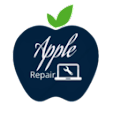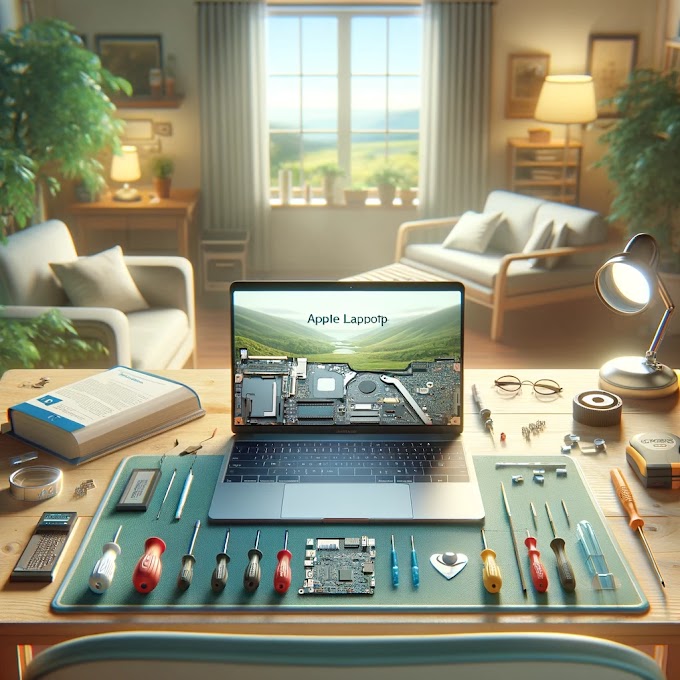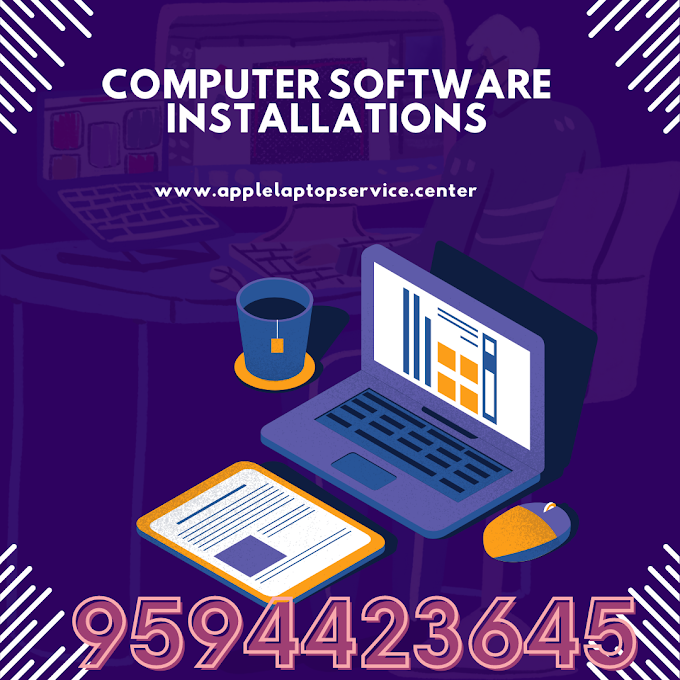- Any computer-related book in the “For Dummies” series, such as PCs for Dummies or Macs for Dummies.
- How Computers Work by Ron White
- Upgrading and Repairing PCs by Scott Mueller
- Everything inside of your computer is connected to the motherboard, including the CPU, which acts as the computer’s “brain.”
- RAM stores data that are currently in use. Become familiar with how it works with and connects to the motherboard.
- Peripheral cards add functions to the computer. Learn about sound, networking, and video cards.
- Storage and disk drives are places to store data. Research hard drives, CD/DVD-ROM drives, and removable media like USB flash drives and SD cards.
- Try opening the same program on different computers and notice differences in speed.
- Ask a salesperson which computers they recommend for various tasks. For example, “Which of these units is good for gaming?” or “Which would you recommend to someone who just needs to write papers for college?” Then, observe the difference in specs between the different computers.
- If you feel apprehensive, ask someone who knows more about computers to walk you through the process.
- Never open a computer unless the machine is on a sturdy surface and you are properly grounded.
Using Different Operating Systems and Software
- Learn the differences between different operating systems. There are pros and cons to using Windows, Mac OS X, Linux, Chrome OS, etc. Visit each operating system’s website to familiarize yourself with its features. Then, search the web for blogs that cater specifically to users of those operating systems. Reading user blogs is a great way to discover how people use their computers.
- Windows is pre-installed on most PCs and is used by businesses as both servers and workstations. Windows is also popular with home users and gamers who love tinkering with hardware.
- Mac OSX is known to be sleek and aesthetically pleasing. Made popular by artists, Mac OSX almost always runs on Apple hardware (although it can be installed on modern desktops) and has a familiar design that is gaining in popularity.
- Linux is a free (usually) flavor of “Unix” used by more advanced computer users. It’s highly customizable, secure, and can be used on basically any type of hardware to perform any type of function.
- Chrome OS is a simple operating system found on Google Chromebooks. It’s geared toward people who are more interested in using the web (and web applications) than anything else.
Use every opportunity to play with operating systems other than the one you use. To be a well-rounded computer g. enius, you should have experience using all operating systems and a wide variety of software.
- You can find Windows PCs at public libraries. Most college campuses have both PCs and Macs available for student use. Alternatively, you can ask a friend or a relative if you can try using their computer.
- Try doing the same sort of task (like browsing the web) on a Windows, Linux, or Mac computer and notice the differences.
Explore the operating system you use on your own computer. Both Macs and Windows have built-in System panels that provide details about the computer. Try to explore a new area of the Control Panel (Windows) or System Preferences (Mac) every day. Just poking around and clicking to view the different options will add necessary information to your budding genius brain.
- To open the Control Panel in Windows, press ⊞ Win+S to launch the search, then type Control Panel. Click “Control Panel” in the search results, then browse through the various panels.
- To view System Preferences on your Mac: Click the Apple menu at the top-left corner of the screen, then click “System Preferences.”
Install new software. If it’s your first time, start with something easy, like a new web browser. If you’re at a more advanced level, try installing Linux. Linux is a free operating system popular with the geeks (your team!) that can be installed on lots of different hardware configurations.
- Because Linux is so popular with people who love computers, there’s an entire community of Linux users active on chats and forums. Learning Linux is bound to make you new friends, perhaps even a mentor.
Study programming languages such as Java, SQL, Ruby on Rails, or PHP.
Once you have basics, venture into advanced territory. Knowing how to code separates
c. computer geniuses from casual users. Research what different programming languages
do and select one to study.
- Get a book on the language. Starting with a beginner’s book will build a great foundation for your advanced study.
- Look into classes that provide hands-on coding experience. You will have to pay for some of the more prestigious courses available through coding academies, but you’ll find the occasional free class through Coursera and Khan Academy.
Set up a network. Getting one computer on the Internet is simple, but what about configuring an entire network of computers? Challenge yourself to learn different ways to connect computers to the Internet, share files across systems, and set up firewalls.
Network with other computer enthusiasts. Having a community of computer geniuses (or those who are still in the aspirational stage) will allow you to ask and answer questions, as well as learn about new technology that might interest you.
- Research local meetup groups in your area.
- Discover chatrooms and forums full of computer users that are accessible 24/7.
Commit to a lifetime of learning. Becoming a computer genius will not happen overnight. It takes hard work, dedication, sharp problem-solving skills, and a genuine passion for information.
- Technology is always evolving, so you will need to stay current. The information you know now may be obsolete next year. Read computer magazines, follow popular computing blogs, and stay familiar with the latest in software technology.
- Upgrade to the newest operating systems when they are released.
- Join beta-testing groups for various operating systems and apps so you can be among the first to get hands-on experience.
- Defining the problem as “The mouse doesn’t work” is too broad—narrow it down to the precise behavior or error message, such as “When I connect the mouse to the USB port, I see a message that says “This IRQ is assigned to the keyboard.”
- Use quotes (“) around exact words and phrases (
“this IRQ is assigned to the keyboard”instead ofirq assigned to keyboard) to make sure your results match what you are looking for. - Using Google to search a single site. If you’re looking for information about wireless networking and prefer your results be from Microsoft.com, type
mouse problems site:microsoft.cominstead ofmouse problems microsoft. - Filter results by date (often relevant, as computers are always changing) by clicking “Search Tools” at the top of the search results, then change “Any time” to a different time range.X
- It will not take you long to figure out which sites return good search results and which should be avoided. If your search for information brings you to a page that seemingly has little to do with what you searched, that source will not be useful to you.
- Many online forums will not allow you to search their content until you register for an account.
- Fix your friends’ and family’s computers. Now that you’ve been practicing your troubleshooting skills, find opportunities to get hands-on experience. Ask people you know if they are having trouble with their computers, and then offer to fix them. Use your new skills to find other people online who’ve experienced similar issues and try implementing suggested fixes
- Upgrading Your Computer (By Yourself
Run system updates. Make sure you are using the latest and greatest version of your operating system by checking for system updates.- Updating operating system software may cause older applications to break. Frustrating! However, finding fixes for such issues is great for improving your troubleshooting skills!
Think about what you might be able to add to your computer to make it better. Ask yourself some questions: What frustrates me about my computer? What can I not do with my computer that others can do with theirs? Once you have some answers, you should be able to determine what kind of hardware or software would improve your experience.
Pick something about computers that interests you. Is it web design? Great-looking video? Programming in Python? Becoming an expert on a single topic is an excellent way to assert yourself as a computer genius.






























0 Comments